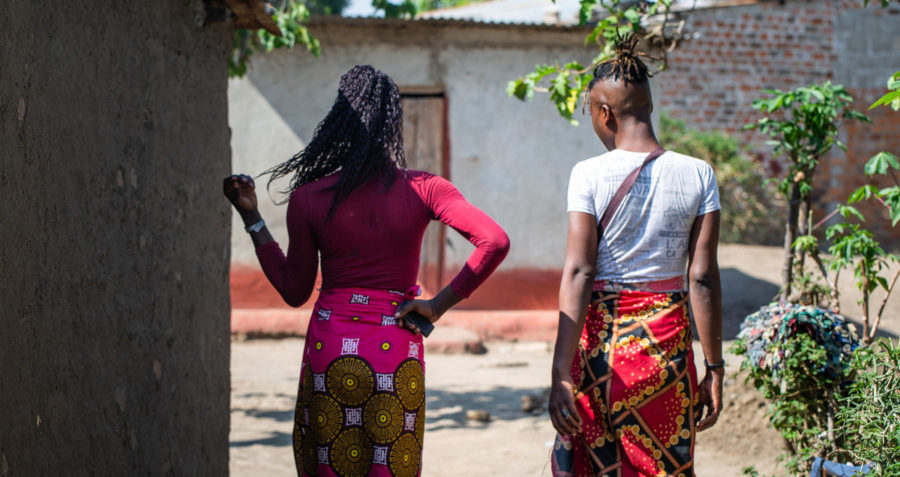Post-violence care
 Frontline AIDS/Tony Kawimbe/Arete/2020
Frontline AIDS/Tony Kawimbe/Arete/2020
Key information
- Organisation: NACOSA
- Country: South Africa
- Region: Eastern and southern Africa
- Stage of innovation: Stage 2: Proof of concept developed
- Start date: Apr 2016
- End date: Mar 2022
- Type of innovation: Service innovation: new or improved service
- Funded by: Global Fund
Summary of intervention
Gender-based violence is a huge challenge in South Africa, and mainly affects women. Comprehensive care for survivors of gender-based violence, especially sexual violence, is an important part of any effective HIV response. But in reality, support and services are often lacking.
NACOSA is trialing a new way to ensure survivors of gender-based violence receive compassionate, comprehensive care.
Police bring a survivor to a participating public health facility where trained medical staff provide clinical services, such as HIV, pregnancy and STI tests and post-exposure prophylaxis (PEP) for HIV. In addition, NACOSA staff, social workers and auxiliary staff provide psychological first-aid. They then provide follow-up care to survivors and their families that focuses on safety, counselling and support, plus linkages to health, legal, social and psychological support. Support to adhere to PEP and antiretroviral treatment is also offered.
NACOSA also works within communities to raise awareness about the rights of all people to personal safety and the post-violence care services available. Community dialogues are arranged that present gender-based violence as a community challenge and explore ways to stop it. Promotional material on gender-based violence and post-violence care are also distributed in the community and participating facilities.
learnings
- The first responders are essential to this model.
- Providing money to cover transport costs enables survivors to return to facilities when needed, which has increased PEP completion rates.
- Improving access to spaces where survivors can report violence has led to survivors reporting experiences of violence more quickly. It has also provided access to services, such as legal aid, that can improve their chance of successful prosecution.
sustainability
Employing first responders who have a qualification that is recognised by the Department of Social Development (DSD) (e.g. social workers, social auxiliary workers) has enabled DSD to take over the funding of there roles, which has facilitated greater sustainability for the service and less dependence on donor resources.

